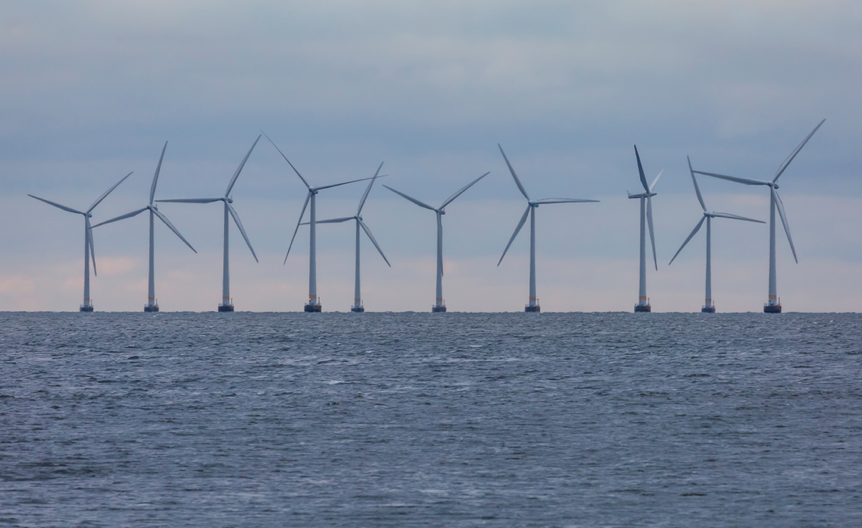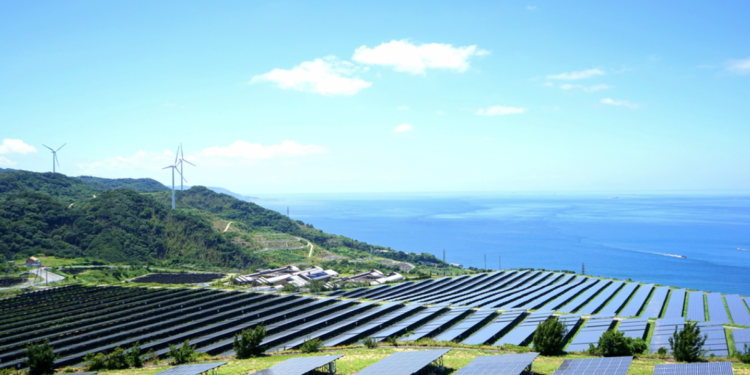By Michael Tobias
The current unprecedented global health emergency and resulting economic crisis caused by COVID-19 has created serious setbacks for clean energy innovation efforts worldwide. Leading role players warn that unless action is accelerated urgently the world’s net-zero carbon emissions pledges will not be achievable through 2050.
This, in itself, will be a disaster.
A new, special, flagship report released by the International Energy Agency (IEA) on 2 July 2020, shows that there is a critical need for innovation efforts as well as research and development (R&D) if there is any chance of achieving global net-zero emissions objectives.
Titled Clean Energy Innovation: Part of Energy Technology Perspectives, it quantifies what is needed for effective technology innovation and investment to achieve a more resilient, cleaner energy sector with net-zero carbon emissions. It also identifies the attributes of key technologies that can be used to help to speed up innovation cycles.
This report was the subject of a panel discussion at this year’s largest meeting on climate and energy, an international virtual summit organized by the IEA. Held on Thursday, 9 July, the top-level conference was represented by more than 80% of the global economy. It discussed ways to achieve a resilient and sustainable recovery from COVID-19, as well as opportunities to create jobs, rebuild economies, and speed up the transition to clean energy. The first-ever IEA Clean Energy Transitions Summit, it was described as a “grand coalition” of government ministers, investors, CEOs, and many other key leaders from around the world.
The vision of the summit, which was chaired by IEA executive director, Dr. Fatih Birol, was in line with a call he made in March this year to focus on clean energy when structuring and budgeting for COVID-19 recovery plans. It was streamed live across all IEA digital platforms.
The IEA Clean Energy Transitions Summit
In addition to talks by a number of speakers who highlighted the need to accelerate transitions to clean energy and build back economies after COVID-19, António Guterres, the United Nations Secretary-General, delivered a special address – and he didn’t mince his words.
He said, amongst other things:
- It is vital to transition from fossil fuels towards clean energy.
- When we design and implement recovery plans as a result of the coronavirus pandemic, we can either invest in volatile fossil fuels that result in lethal air pollution or invest in clean, reliable renewable energy that is sustainable and economically smart.
- The reasons world leaders should choose the clean energy route are health, science, and economics.
- A world with net-zero carbon emissions by 2050 is achievable but will depend on all countries making the right choices.
- We need to place a price on carbon and stop wasting money on fossil fuels.
- Climate risk must be considered when making decisions that relate to energy.
- Coal does not have a place in any COVID-19 recovery plans.
- It is vital for all countries to embrace the opportunity to have a clean energy future.
The conference also incorporated three panel discussions, including Accelerating Clean Energy Technology Innovation, that were held as parallel sessions. At the end of the summit, Dr. Birol proposed a way forward that is in keeping with the IEA’s Sustainable Recovery Plan published in June. This shows how the worlds’ governments have a unique opportunity to reboot their hard-hit, even failing economies, offer new employment opportunities, and accelerate a shift to a cleaner energy future that will be considerably cleaner and sustainable.
Mission to Accelerate Clean Energy Technology Innovation

Co-chaired by Ms. Tina Bru, Norway’s Oil and Energy Minister, and Chile’s Minister of Energy, Juan Carlos Jobet, the panel discussion that focused on innovations to accelerate clean energy technology highlighted the vital need for sharing energy and climate goals. It also drew on the IEA’s five key innovation principles and emerging technologies including carbon capture, utilization and storage (CCUS), bioenergy, batteries, and hydrogen.
Ms. Bru, 33, who was only appointed as Oil and Energy Minister in January 2020, is totally committed to renewable energy. In 2018, she convinced Norway’s ruling Conservative Party to allow the country’s sovereign wealth fund to invest in substantial unlisted funds in renewables projects including wind farms and solar parks. This, she said at the time, would help to enable a shift to a low-carbon society, which is vital on a global scale if climate targets are to be reached.
Opening the panel discussion, she said it was essential to raise funds and work together internationally to accelerate progress especially in the four areas identified by the IEA:
- CCUS (carbon capture and utilization)
- Hydrogen
- Bioenergy
- Electrification
“I believe that CCUS could be one of the key technologies that will contribute to reducing emissions in the long run,” she said, adding that Norway intends to create a full-scale value chain for CCUS with industry players.
CCUS could also facilitate the commercialization of large-scale hydrogen production based on natural gas that could lead to both value creation and emission reductions.
Ms. Bru said that in Norway the renewable energy industry and government are working together to achieve clean energy and they use key expertise from their petroleum sector. She discussed the Norwegian government’s hydrogen strategy that was implemented just over a month ago, at the beginning of June 2020, and said that an important goal for her government was to stimulate pilot and demonstration projects that would make hydrogen more commercially viable.
She also expressed her belief that offshore wind in the area has great potential, stating that her country has already launched the world’s first and largest floating wind farm. Offshore oil and gas platforms are also part of the picture.
Ultimately, she said, “Norway remains committed to working towards a sustainable and reliable energy system in close collaboration with our international friends and partners.”
Mr. Jobet said Chile was also doing everything possible to meet the net-zero deadlines and that they would be phasing out all coal-fired technology by 2040 and aiming for total carbon neutrality by 2050.
The Way Forward
As Dr. Birol said, there is a “stark disconnect” between the climate goals that have been set by various agreements, governments, and companies, and the current energy technologies that are reliable and affordable, and in line with what is required to meet the goals.
The reality is that the net-zero emissions by 2050 target need technologies that haven’t reached the market yet, he said. This is why clean energy innovation is needed so urgently.
The IEA has identified a number of sectors that lack readily-available low-carbon technology options. These range from shipping, aviation, and trucking to manufacturing sectors that produce cement, chemicals, and steel.
As countries and companies worldwide do whatever they can to accelerate clean energy innovation and move towards a low-carbon world, professionals in transportation, construction, and other industries, including those that offer benchmarking engineering services, must use the technologies available to increase the use of renewable energy and avoid unnecessary carbon emissions.
 Michael Tobias is the founder and principal of Nearby Engineers and New York Engineers, an Inc 5000 Fastest Growing Company in America. He leads a team of more than 30 mechanical, electrical, plumbing, and fire protection engineers from the company headquarters in New York City, and has led numerous projects in New York, New Jersey, Chicago, Pennsylvania, Connecticut, Florida, Maryland, and California, as well as Singapore and Malaysia. He specializes in sustainable building technology and is a member of the U.S. Green Building Council.
Michael Tobias is the founder and principal of Nearby Engineers and New York Engineers, an Inc 5000 Fastest Growing Company in America. He leads a team of more than 30 mechanical, electrical, plumbing, and fire protection engineers from the company headquarters in New York City, and has led numerous projects in New York, New Jersey, Chicago, Pennsylvania, Connecticut, Florida, Maryland, and California, as well as Singapore and Malaysia. He specializes in sustainable building technology and is a member of the U.S. Green Building Council.







